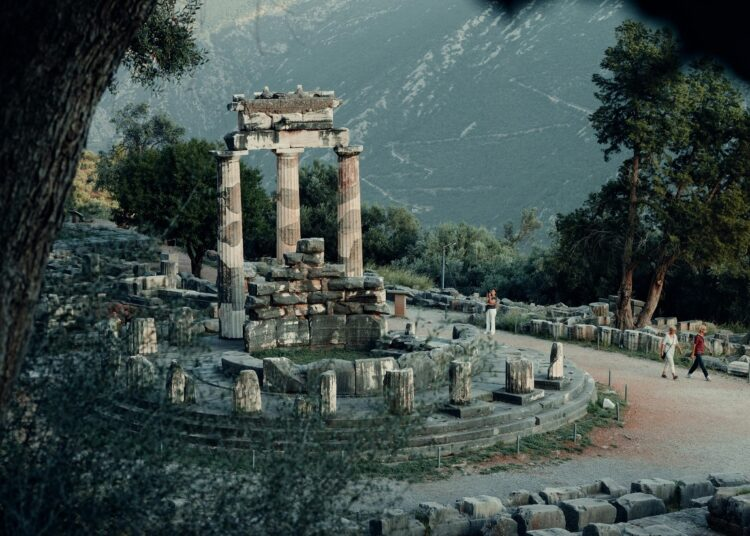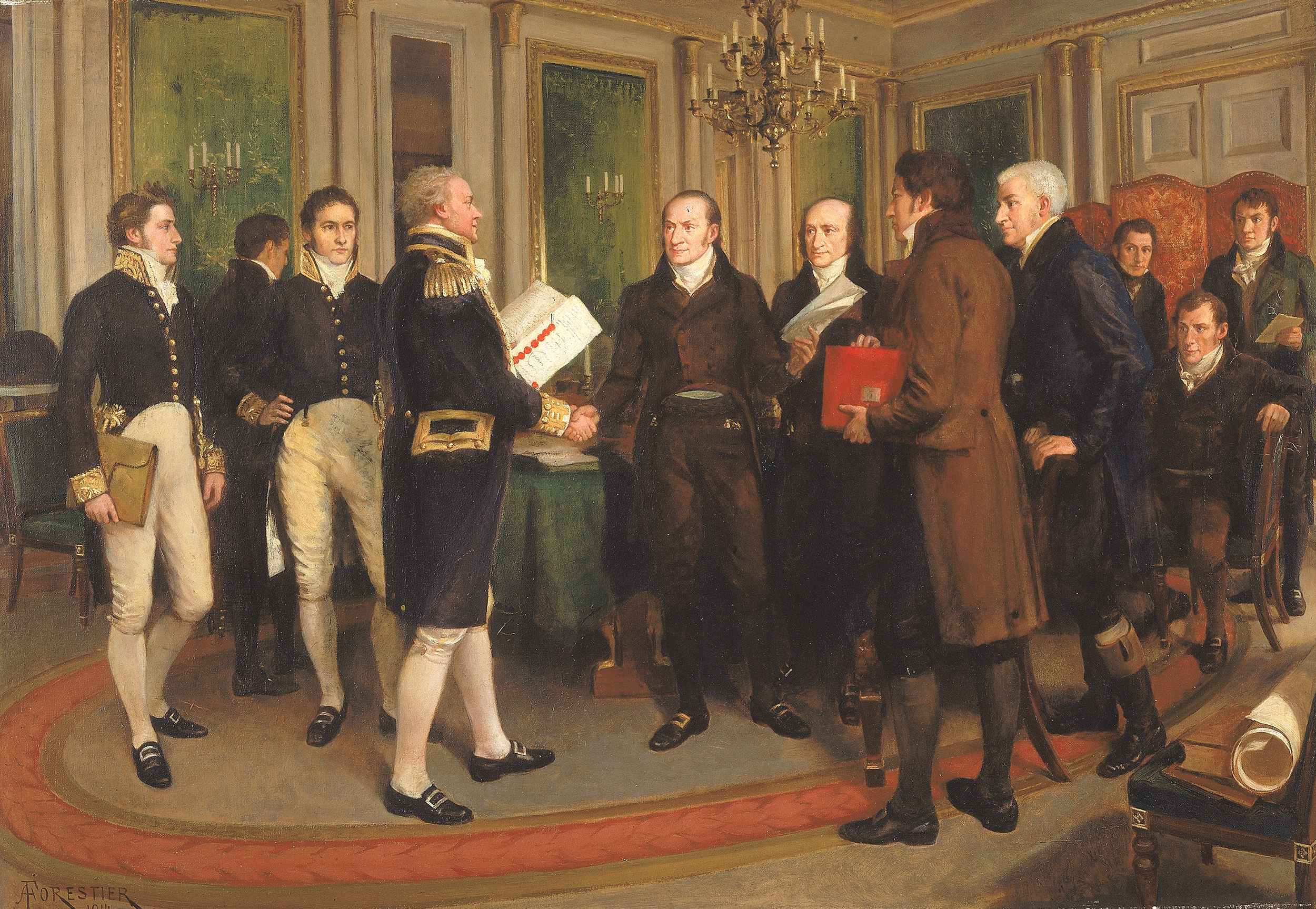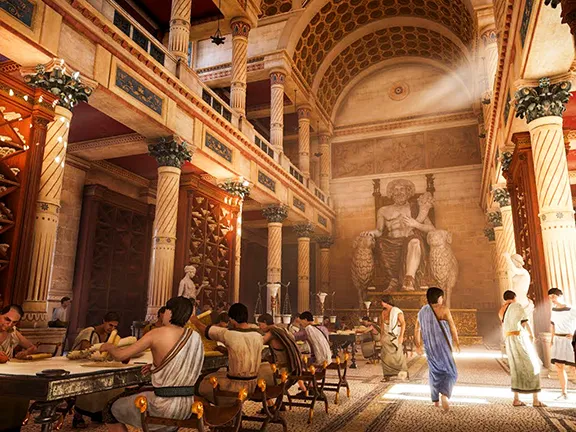The Oracle of Delphi, once considered the very navel of the Earth, held immense spiritual and political influence in the ancient world. Through the Pythia—the high priestess of Apollo—Delphi delivered cryptic prophecies that shaped the fate of individuals, city-states, and empires. Falling into a trance, the Pythia would relay Apollo’s divine message to those seeking guidance. Everyone, from common citizens to powerful kings and generals, turned to her for insight into their future plans.
These oracles, often ambiguous and enigmatic, demanded careful interpretation. Decoding them was a matter of great importance, as they could determine the outcome of wars, the founding of colonies, or the fate of a ruler. Through the Pythia’s mystical words, campaigns gained purpose, and political shifts found divine validation.
But What Was the Final Oracle—And Why Did It Matter?
Before we get to the last prophecy, it's worth recalling that the prestige of the Delphic Oracle had long been in decline. In 86 BCE, Roman general Lucius Cornelius Sulla looted the sanctuary during the First Mithridatic War. Later, in 66 CE, Emperor Nero also pillaged its treasures. Delphi was no longer the revered center it once was. Its influence had waned, and change was inevitable.
The final words of the Pythia, according to early Christian historian Philostorgius, were more than just a farewell—they marked the symbolic end of an entire era. As he records, the Pythia declared:
“Tell the king: the richly adorned hall has fallen.
Phoebus no longer has a home, nor the prophetic laurel,
Nor the speaking spring. The voice of the water is silent.”
(Translation by Nikos Kazantzakis)
This final oracle foretold not only the closure of the sanctuary but the collapse of the entire ancient religious order. It was a poetic death knell for the gods of old.
The Fall of Julian and the End of an Era
Interestingly, soon after this prophecy, Emperor Julian—often called Julian the Apostate for his efforts to restore pagan traditions—would meet his own demise. In 363 CE, during a campaign against the Persians, he was fatally wounded by a spear thrown from behind, allegedly by an Arab soldier. He died in his tent, and with him, many say, died the last vestiges of the classical world.
Despite a Christian myth attributing Julian's death to Saint Mercurius, there is no historical basis for this. His fall, however, symbolized the final blow to the old gods and the ultimate rise of Christianity across the Roman Empire.
Historical Doubts and Interpretations
Modern historians, however, approach Philostorgius’s account with skepticism. Many believe that the "last oracle" may have been a later Christian fabrication—possibly the work of Philostorgius himself, whose writings survive only in fragments through later sources, or perhaps the invention of the Byzantine monk and chronicler George Kedrenos.
Still, whether myth or fact, the story of the last Delphic oracle remains a powerful and poetic symbol of a world in transition—from pagan antiquity to the Christian Middle Ages.







